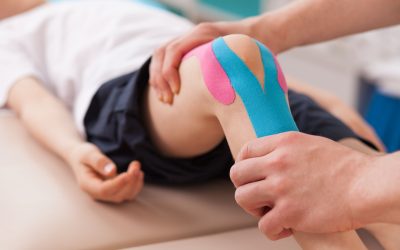Degenerative joint disease not only causes pain, but it can also cause significant joint inflammation and deformity. There are a number of effective orthopedic treatments in Lancaster that your physician may recommend to ease your degenerative joint disease symptoms. Here are some of those treatment options to discuss with your doctor.
Physical Therapy Programs
Your doctor may recommend that you enroll in a physical therapy program if you have degenerative joint disease. It can help diminish both local and systemic inflammation, restore optimal mobility, increase grip strength, and ease pain.
Some states allow you to enroll in a physical therapy program without a physician’s order, however, in other states, you need a doctor’s prescription. Some people have very successful outcomes after completing physical therapy programs, and because of this, require less pain medication.
Aspirin
While aspirin is not always recommended to treat degenerative joint disease, it is a viable option for those with kidney disorders. Aspirin is a non-steroidal anti-inflammatory drug, or NSAID.
Ibuprofen and naproxen sodium are also NSAIDs, however, they can raise your risk for renal failure if you have kidney disease. Because of this, your doctor may advise you to take aspirin because it may be less toxic to your kidneys than other NSAIDs. Taking aspirin may also help lower the risk for heart attack in those with inflammatory conditions such as degenerative joint diseases such as rheumatoid arthritis.
To learn more about physical therapy or other treatment options for degenerative joint disease, call Hershey Orthopedic & Spine Rehabilitation or visit the website








